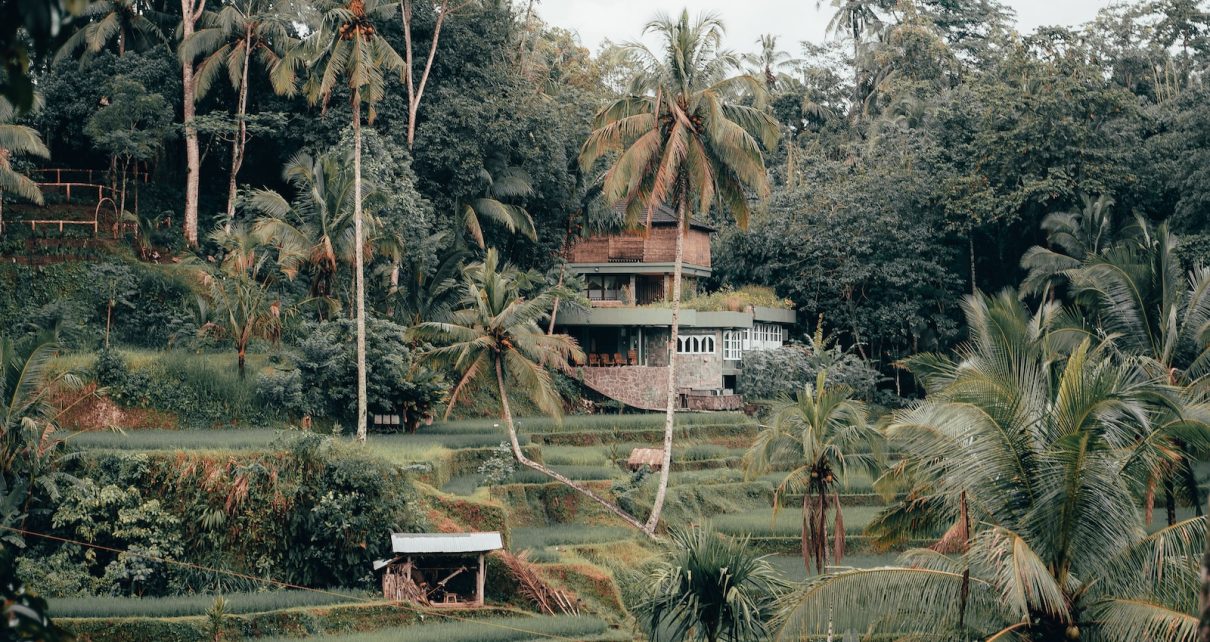Bali Declares 14-Day Emergency in Face of Escalating Drought Crisis
Recognized for its stunning beaches, rich culture, and sprawling rice fields, Bali is known as the Island of Gods. However, the ever-popular tourist hotspot is currently grappling with an escalating environmental crisis—chronic drought. To mitigate the adverse impacts, the local government has declared a 14-day emergency. This article explores the context, impact, and steps being undertaken to combat the drought crisis in Bali.
Context: The Emergence of the Drought Crisis
Indonesia’s meteorological, climatological and geophysical agency, BMKG, has recorded significantly lower rainfall than usual, resulting in an acute shortage of water on the island. This unforeseen drought has distressed local communities, disturbed the agriculture sector, and strained the island’s resources. To counteract these effects, the Balinese government has announced a state of emergency. The situation is dire, prompting concerted action on multiple fronts.
Impacts and Ramifications of the Drought Crisis
Impact on Local Communities
In terms of human impact, the scarcity of clean water has pushed local communities into distress. With limited access to water for daily needs, maintaining hygiene and health has become a substantial challenge for the island’s residents. Let’s look at the effects in greater detail:
| Impact | Description |
|---|---|
| Access to Clean Water | Households are running out of potable water, causing health risks and exacerbating hygiene issues during the ongoing pandemic. |
| High Prices | The cost of clean water has skyrocketed in the market due to the heightened demand and reduced supply, putting economically backward classes in a tough spot. |
Impact on Agriculture
As an island whose agriculture largely depends on irrigation, Bali’s farming community has been hit hard. The agricultural sector, which primarily consists of rice and vegetable cultivation, faces a significant production drop due to lack of water.
Steps Taken to Combat the Crisis
As Bali grapples with this severe drought, a multifaceted approach has been initiated to provide immediate relief and formulate long-term solutions.
Water Aid and Distribution
Water trucks are part of a lifeline for communities in need during the 14-day emergency. Local government and non-profit organizations are collaboratively working to provide potable water to the distressed households.
Conservation Education
Greater emphasis is being put on the importance of water conservation. By raising awareness among locals and tourists about the current crisis, agencies are encouraging mindful usage, conservation, and preservation of water resources.
Long-term Legislation
While immediate relief is critical, it’s equally important to plan for the future. The local government is investing in sustainable water management strategies and policies, rainwater harvesting, and modernization of irrigation equipment.
International Aid
International entities and organizations have been called to lend a helping hand in the crisis, diversifying the assistance and resources Bali has in tackling the situation.
Conclusion
The escalating drought crisis in Bali has stirred a state of emergency, creating a ripple effect felt by residents and the agriculture sector alike. It’s a harsh reminder of the need for sustainable water resource management and preparedness for environmental emergencies. However, as the Island of Gods battles this crisis, the resilience of its communities and the robust action from its government provides a glimpse of hope amidst growing environmental challenges.





